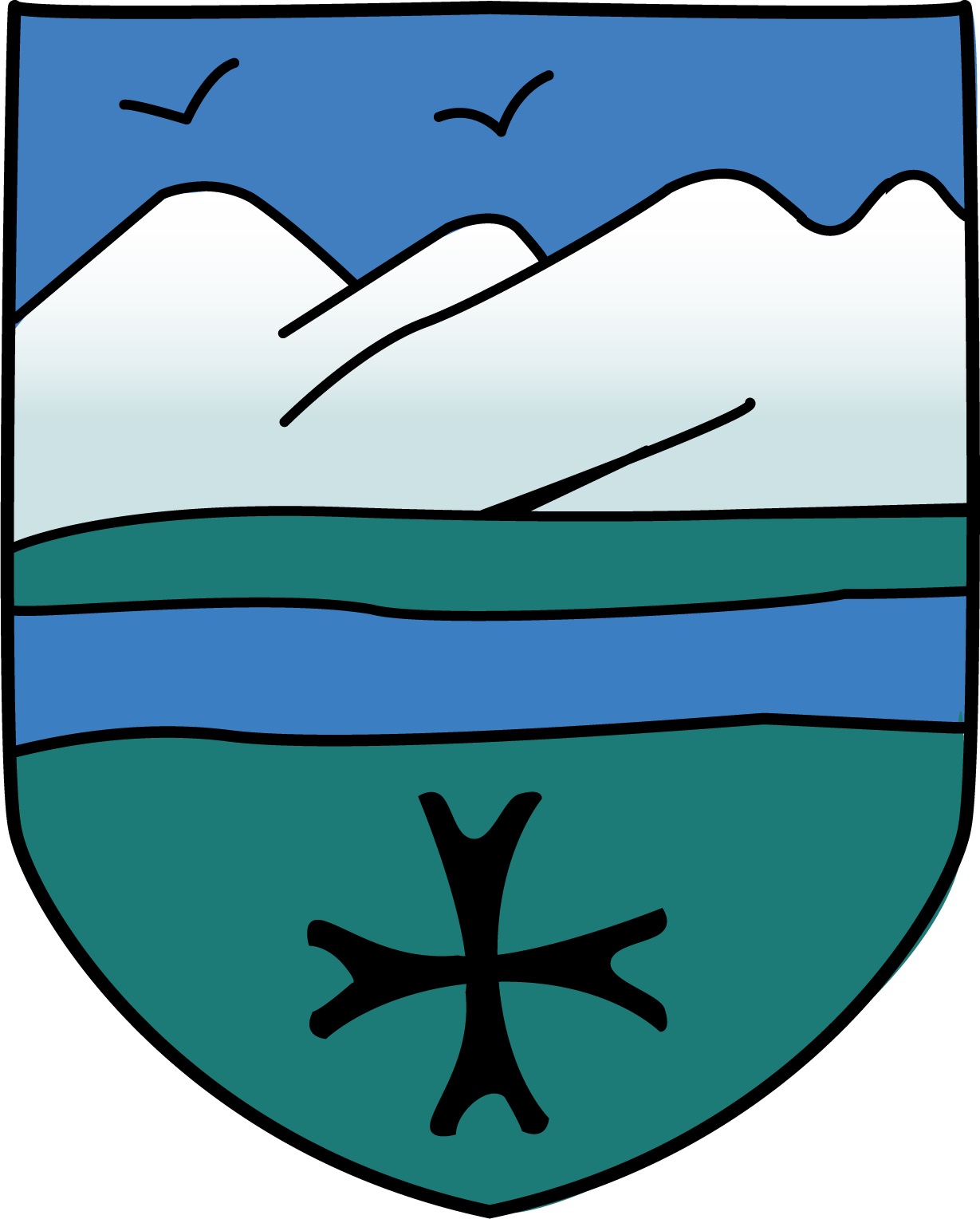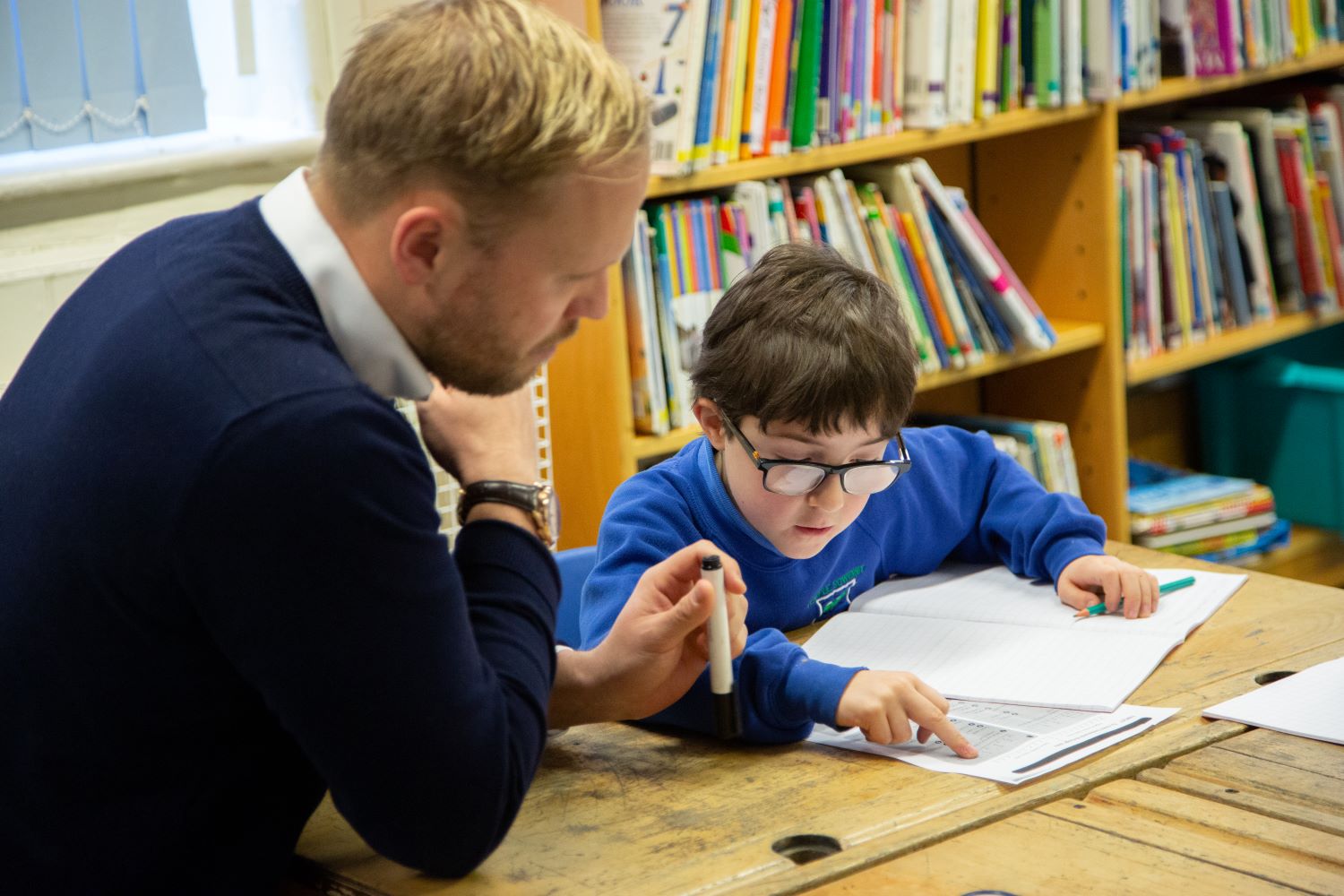Maths
Subject Leader: Mr Laithwaite
Intent
At Temple Sowerby CE Primary School, the teaching of maths is geared towards developing each child’s knowledge and understanding of maths. We aim to promote enjoyment and achievement in the subject and to empower children to become confident mathematicians.
We believe that ability within mathematics is not fixed and seek to develop a ‘Can Do’ attitude. As such, we endeavour to not only develop the mathematics skills and understanding required for later life, but also to foster an enthusiasm and fascination about maths itself. We aim to increase pupil confidence in maths so they are able to express themselves and their ideas using the language of maths with assurance. We want the children to see mathematics as being relevant to their world and applicable to everyday life as well as being something that they will need as they move on through their school life and ultimately to the world of employment.
At Temple Sowerby CE Primary School, we teach maths in a way that:
- creates a lively, exciting and stimulating environment in which the children can learn
- promotes the concept that acquiring maths knowledge and skills provides the foundation for understanding the world around us
- develops mental strategies
- encourages children to use mathematical vocabulary to reason and explain
- allows time for partner talk in order to stimulate and develop a curiosity for maths
- challenges children to stretch themselves and take risks in their learning
- creates a sense of awe and wonder surrounding maths
- ensures children are secure in their understanding of number and number relationships
Implementation
Mathematics is taught discretely in lessons that incorporate the teaching of number facts and relationships, a range of calculation strategies for each of the four operations, fractions in their many forms, concepts relating to shape and measure and statistics. These skills are learned through concrete modelling of mathematical processes for younger children, progressing to a more abstract understanding of numbers and how they can be used. Opportunities are provided to solve problems and reason solutions, underpinned by the concepts described above. To develop their fluency and recall of maths knowledge, children in Class 2 and 3 practice times tables and mental arithmetic daily, whilst children in Class 1 use the ‘Big Maths’ approach to practice mental arithmetic and recall.
We also look to develop and apply children’s mathematical skills across our curriculum we have designed, such as data handling in Science and Geography, timeline comprehension in History, measurement and proportion in Art and Design Technology, and timing, measuring and scoring in PE.
Impact
By the end of Key Stage 1, pupils will have been given the opportunity to develop their number, calculation, measure and shape skills. This will have been achieved by focusing on the use of concrete examples to illustrate and explain the relationships they encounter when learning in mathematics. Through regular practise, they will also be developing fluency and recall of mathematical facts, such as counting in steps and number bonds.
By the end of Key Stage 2 we want children to be able to use mathematical skills fluently to explore the full range of concepts which the curriculum delivers. They will have progressed from the concrete to be able to apply their skills in abstract, relying on the numbers themselves as representations of the quantities which are being used. Children will be able to approach problems and unfamiliar situations with confidence, and be able to apply these skills across all aspects of their learning and beyond their in-class experiences. We want children to meet the expected national standard but for those children not meeting the standard by the end of Key Stage 1 we want pupils to have made more than expected progress towards the expected standard at Key Stage 2. Children will have developed mathematical fluency, be able to calculate accurately and efficiently and have acquired the skills required to continue their studies beyond primary school.
For further details of how maths is taught at Temple Sowerby CE Primary School, please see our policy and progression documents:

